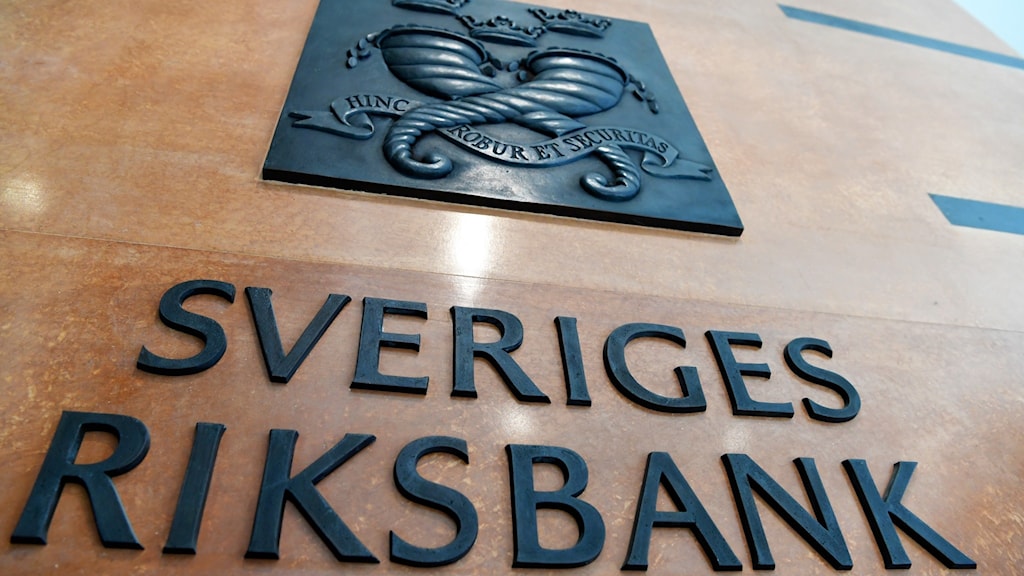Sveriges Riksbank as it is commonly known as the Riksbank is the central bank of Sweden. The central bank has its origin in 1668 and therefore is one of the oldest central banks in the whole wide world.
This is facilitated by ensuring that inflation is brought to slight levels and also that the Swedish currency otherwise known as Krona (SEK) does not diminish in value.
In This Post
Sveriges Riksbank and Forex
Forex trading is buying and selling different currencies. The value of a currency, like the Swedish krona, changes based on what people feel about it. This is even more so for the latter especially noting that Sveriges Riksbank is involved in this process. In other cases, for instance when the Riksbank is adjusting the interest rates; or when it is trying to correct the Swedish krona which is Sweden’s currency, with other currencies such as the US dollar, the euro, and so on.
Monetary Policy of Sveriges Bank
All the alternatives are open to Sveriges Riksbank with one that affects the Swedes economy, and therefore forex, to the largest – Monetary policy. But what you should be aware of is what monetary policy is. Many people have been asking about monetary policy lately. It’s how a central bank controls the amount of money and interest rates to help manage inflation, which is when prices go up.
Therefore, it’s important to check when inflation is too high because everything becomes expensive and Krona may withdraw. When it is so low it tends to bring about negative attributes to the associated businesses. The Riksbank wants to keep inflation at about 2% next year. This affects how much money is available, which can change how people spend or save and the value of the krona in the forex market.
Interest Rates of Sveriges Bank and Forex
Interest rates are among the most versatile instruments that the Riksbank has at its steady. But what are interest rates? They are the price for getting credit money. Suppose the Riksbank increases the rate of interest, this means that the cost of borrowing money increases, and people could prefer to save than to spend. If it reduces rates, consumers and companies will be able to borrow and spend or invest more.
Then, what is its relevance to the forex market? As interest rates could be high in Sweden compared to other countries, people would also like to invest their money in Sweden to have higher returns. This means that they have to spend money to purchase Swedish krona, and thus the value of the latter rises. On the other hand, if interest is low, the value of the krona may decline, and investors shift their money to other currencies. The Riksbank tactfully manages the interest rates to control the krona while at the same time promoting macroeconomic stability.

Foreign Exchange Reserves
Sveriges Riksbank also possesses what is known as foreign exchange reserves. These are large amounts of foreign currencies that the Riksbank holds for contingency situations. It’s like a safety net for money that helps the Riksbank buy back Swedish krona when its value drops, keeping it stable during tough times.
Holding reserves also serves a very important purpose of ensuring public confidence in the Swedish currency both domestically and internationally. The Riksbank helps people feel safe using the krona because they have a backup plan.
Currency Interventions of Sveriges Bank
Sveriges Riksbank sometimes buys foreign currency directly from the forex market. This is called a currency intervention. The Riksbank might raise interest rates, even if it means higher prices, because a strong krona makes Swedish goods cost more for other countries. If the krona is too weak, imports cost more, which makes everything more expensive for people in Sweden.
Thus, to maintain a balance on the Krona value the Riksbank can intervene into the forex market and either buy or sell Krona. This assists in regulating its cost and, therefore, prevents shooting up costs that might destabilize the Swedish economy.



